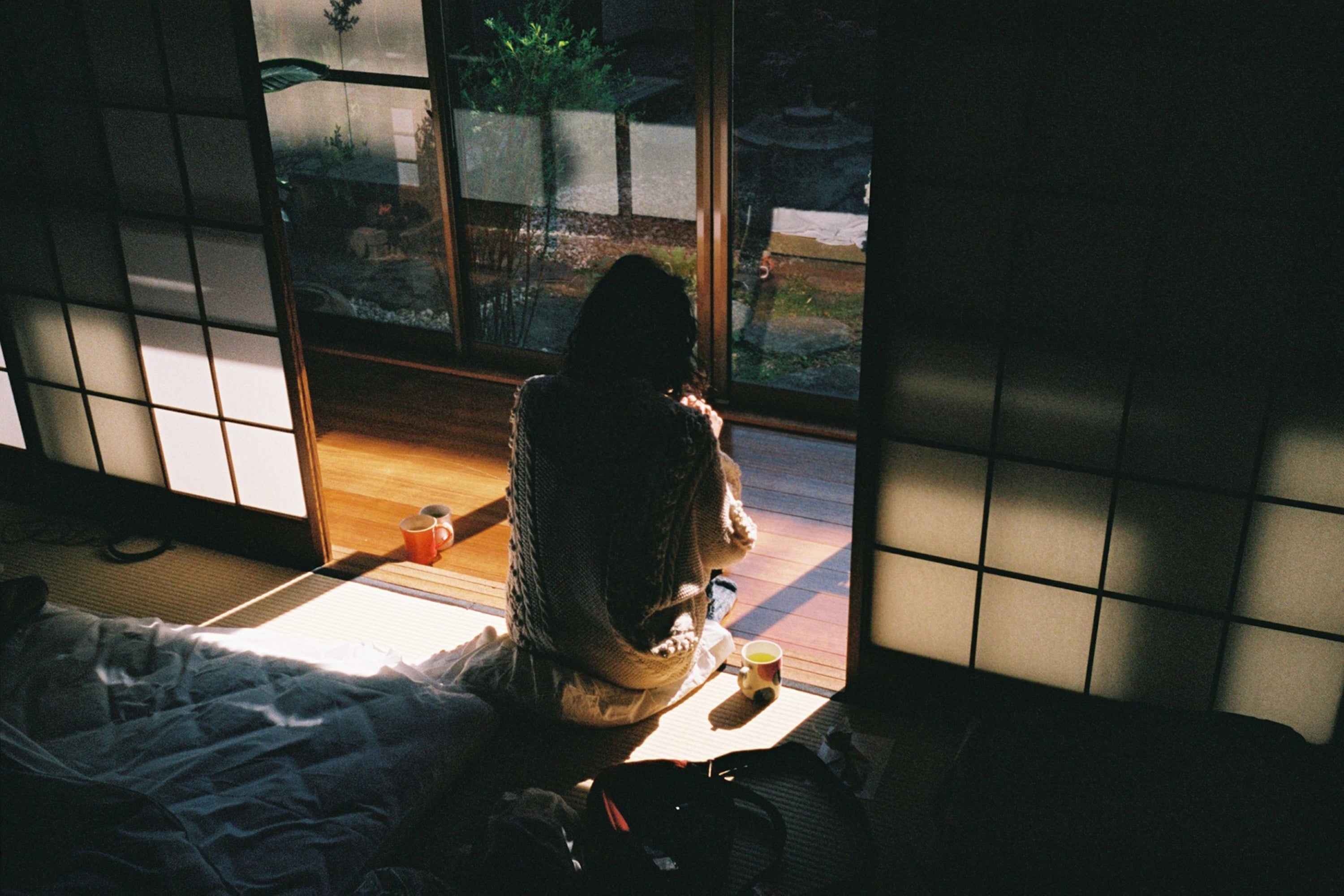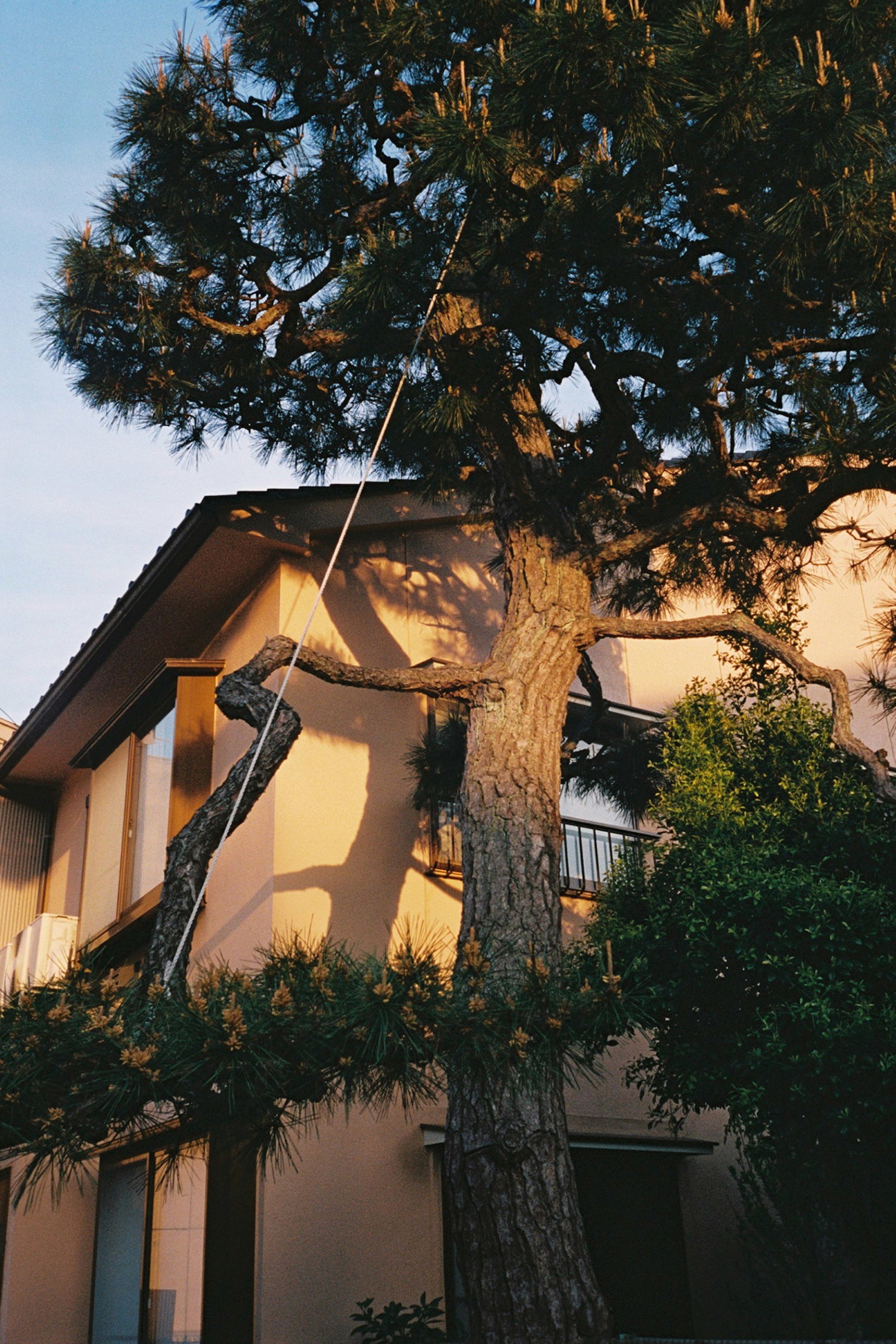
Sophie Vent explores the Japanese philosophy of ikigai the meaning of daily life
Water bubbles from the ground in the Yanbaru forest of Okinawa. This precious source is surrounded by banyan trees that are thought to hide Kijimuna, small wood spirits that haunt Okinawan folklore. The water is collected, bottled and sold at the local market with a label that reads Longevity Water'.
The Japanese archipelago of Okinawa has the highest life expectancy in the world. Something in the lifestyle (or perhaps in the water) keeps communities of centenarians waking up early every morning to tend their gardens before breakfast.

A strong sense of social belonging is thought to be instrumental to living beyond your hundredth birthday. Other life-enhancing elixirs are found in the diet: a rainbow of home grown vegetables, the shinkuwasa fruit with its miraculous nutritional value and Sanpin-Cha, a blend of green tea and jasmine flowers. They have a moai, small group of six or so friends, who throughout life support each other as a family would and they undertake gentle but frequent exercise (it's no coincidence that all of the worlds Blue Zones share a mutual love of gardening). But there is something else that stirs these wise elders from their beds: their ikigai.


The Japanese philosophy of ikigai can be broadly translated as that which makes ones life seem worth living and has been likened to a raison d'etre. The residents of Okinawa understand their purpose, which radiates through everything they do. When interviewed by Hector Garcia for his inspirational book on the subject, the residents were quick to identify their reason for being: their family, growing and cooking their own vegetables, visiting friends and neighbours and their hobbies, like singing or dancing. Through understanding their ikigai and acting on it daily, the locals have found the meaning of their daily life, their unique, personal reason to get up in the morning.
Although it may seem that this depth of soul searching, of finding your life's motivation, is likely to provoke more existential-crisis than solace, the concept of ikigai is not as extraordinary as it may first appear. Ikigai is not some grand motivational framework; it is part of our everyday and can be understood through the actions and activities that constitute our daily routine. Hector Garcia describes experiencing this phenomenon on arrival in Ojimi: We realised right away that time seemed to have stopped there, as though the entire town were living in an endless here and now.

This mindful approach to living has been embraced across cultures, as we attempt to navigate the symptoms of an accelerating world. Feeling overwhelmed, anxious or disconnected we search, across cultures and beneath stones, for fulfilment and meaning in our lives. When applying a Japanese philosophy to our routine, we will of course find areas that are lost in translation, but the essence is simple and universal - ikigai is not a lifestyle but something that is already present in all of us. It is part of quietly expressing ones individuality. And it can be a small thing. It's just a matter of finding it.
Words by Sophie Vent. Images by Kendal Noctor.

Add a comment